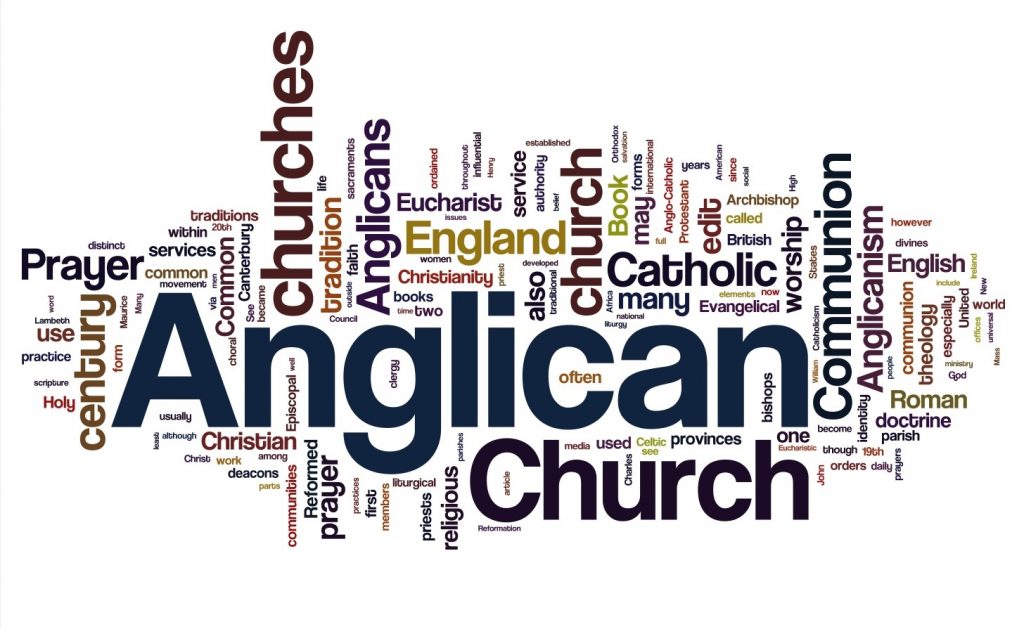Prompted by the recent ordination of nine men by the GAFCON related Anglican Mission in England (AMiE), an on-line editorial in the British magazine “Christian Today,” asks and seeks to answer the question “What makes Anglicans Anglican anyway?” The author, David Baker, an Anglican minister in England, appears to be coming from a conservative perspective, but his breakdown of the question offers much to consider.
He begins:
“You might think this was straightforward enough: after all, isn’t an Anglican, at least in the UK, a member of the Church of England (or its sister churches in Scotland and Wales) – period? And doesn’t it have to be like that? But it’s not that simple. Here are some of the ways people sometimes try to define Anglicanism and some of the issues that arise once they start.”
He then looks at four measures that are commonly used to define “Anglican:” Geography
”Some people see Anglicanism as being – at least in part – territorial. Thus, as mentioned above, if you live in England, you can only be ‘properly’ Anglican if you are in the Church of England.”
Ecclesiology
“We are on surer ground when we come to ecclesiology – the nature and structure of a church. Anglicans are all episcopal (they think bishops are a good idea), connectional (they like to be joined with other churches in a way that ‘congregational’ churches are not) and liturgical (they believe using a set form of written words is a desirable and integral part of corporate worship). It would be hard to be ‘Anglican’ without these three things in some shape or form.”
Relations with the Archbishop of Canterbury
“Some people see Anglicanism as being defined by being ‘in communion’ with the Archbishop of Canterbury.”
Theology
“The website of the worldwide Anglican Communion asks the question: ‘What’s distinctive about Anglicanism?’ It says: ‘Anglicans… agree that their beliefs and practices, their authority, derive from an integration of Scripture (the Holy Bible), Reason (the intellect and the experience of God) and Tradition (the practices and beliefs of the historical church).’
For Geography and Canterbury, Baker offers examples (such as the overlapping TEC and CoE jurisdictions in Europe) to undermine these as useful ways to define Anglican. Since all sides of the debates within Anglicanism generally agree on ecclesiology, this leaves only theology as a way to define what it means to be “Anglican.”
The gist of his essay is that liberals fall back on organizational arguments while conservatives hold to the purer theologically defined Anglicanism.
“From both an historical and biblical point of view, it seems to me that conservative Anglicans have more going for their point of view than do liberals. The Lambeth Quadrilateral speaks of the ‘organic’ nature of the church. Moreover, the Thirty-Nine Articles of Religion in the 1662 Prayer Book describe ‘church’ simply as ‘a congregation of faithful people, in which the pure Word of God is preached, and the Sacraments… duly ministered’. It goes on to emphasise the theological over the structural, declaring that a church cannot decree anything which goes against Scripture (Article 20).”
Of course, this ignores the vast theological differences which confronted English Christianity in the 16th and 17th centuries for which an organizationally defined Anglican church was created to contain. From its very beginning, the Anglican tradition has tried to knit together Reformed and Catholic which is a bit like mixing oil and water. It’s possible, but it requires a great deal of constant stirring.

